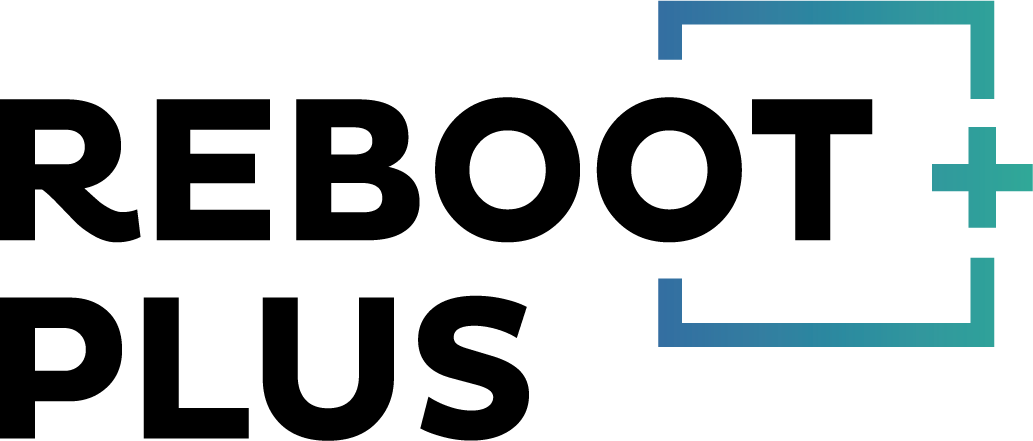Today’s current work environment has a the job market is constantly evolving. Students need more than just a traditional education to succeed—they need access to accurate and timely labour market information (LMI). LMI helps youth make informed decisions about their education and career paths. It ensures they are equipped to handle the challenges and opportunities ahead.
Why Labour Market Information Matters
Labour market inform ation provides insight into current and future job trends, including in-demand skills, salary expectations, and employment opportunities. For students, having access to this data is empowering; it allows them to align their educational pursuits with the realities of the job market, making their transition from school to work smoother and more strategic.
ation provides insight into current and future job trends, including in-demand skills, salary expectations, and employment opportunities. For students, having access to this data is empowering; it allows them to align their educational pursuits with the realities of the job market, making their transition from school to work smoother and more strategic.
According to the report “Empowering Students with Labour Market Information ” by the Future Skills Centre, effective use of LMI significantly enhances student career planning and decision-making processes. By understanding which industries are growing, which occupations are declining, and what skills are needed, youth can make informed choices about their studies and future careers.
How LMI Can Be Integrated Into Education
Integrating labour market information into educational curriculums is not just about providing data; it’s about helping students interpret and apply this information in impactful ways. Schools and educational institutions can play a role by adding LMI information into career counselling sessions, coursework, and extracurricular activities.
Using behavioural insights can make LMI more accessible and relevant to students. For instance, presenting information in a clear, engaging, and personalized manner significantly improves student understanding and retention. Tailoring LMI to individual students’ interests and aspirations, provides a direct connection between studies and career goals.
The Role of Technology in Disseminating LMI
Technology plays a role in making labour market information accessible to students. Online platforms, apps, and interactive tools provide real-time data on job trends, which allows students a chance to explore different career paths and understand the skills they need to develop. These tools can also offer personalized recommendations based on students’ academic performance, interests, and labour market trends.
Moreover, the report emphasizes the importance of using behavioural insights to design these digital tools. For example, incorporating gamification elements can make learning about labour market trends more engaging, while using data visualization techniques can help students better understand complex information.
Empowering Students for the Future
Educating students with labour market information is not just about preparing them for their first job—it’s about giving them the knowledge and skills they need to thrive in an ever changing future. By integrating LMI into education and leveraging technology, we can help students make informed decisions that lead to fulfilling and sustainable careers.
skills they need to thrive in an ever changing future. By integrating LMI into education and leveraging technology, we can help students make informed decisions that lead to fulfilling and sustainable careers.
We all have a responsibility to ensure students have access to the information they need to succeed. Programs like Reboot Plus play an important role by showing students how to access valuable labour market insights. Our program helps youth understand current job trends, required skills, and career pathways. We believe in a future where all students can reach their full potential, regardless of their past challenges.
With funding from the Government of Canada’s Future Skills Centre, we are examining whether a hope-centred education and career development program can help youth find their purpose.
Le projet Reboot Plus est financé par le Centre des Compétences futures du gouvernement du Canada
